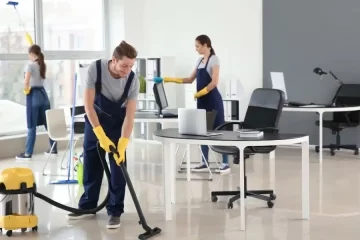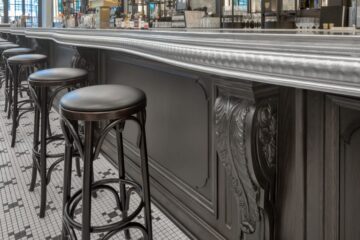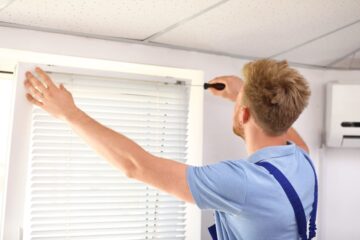Tips for Preventing Swimming Pool Accidents

You may have heard about a large number of pool-related injuries and deaths in Australia today. Such incidents are often due to mistakes in the construction and maintenance of pools and pertinent safety devices (or lack of).
In this article, we go over several things that you can do to keep your loved ones safe if you have a swimming pool at home.
Implementing pool safety barriers
One of the first things that you need to know about pool fence regulations in Brisbane is that any pool needs a safety fence built to specific requirements to prevent kids from accidentally getting into the pool unsupervised. The fencing surrounding the pool must be at least 48 inches in height, and any horizontal structures must be on the pool side of the fence. The bars supporting the wall must be no more than 2 inches apart, and all openings should be narrow enough to prevent children from slipping through.
Also, the entry point on the barrier ought to open out far from the pool and feature a self-locking/closing mechanism for added safety.
Installing Drain covers
Pool drains pipes can have powerful suction, and there have been cases of drownings in children getting caught in the pool’s drain. The aspiration of the pipe can be sufficient enough to have hair caught in the drain and have backs and stomachs held down when covering the drain.
To prevent accidents described above, pool safety inspections in Brisbane require that an anti-vortex drain cover must be installed on the pool. The latter is designed to disperse the intake water in the sides in addition to the top to minimise the pressure at any single point on the pool. These covers are also dome-shaped, which prevents the body from clogging up the drain.
Carefully inspect swimming pool decks and pertinent surfaces
Examine all strolling surfaces around the pool to make sure that there are no sharp edges and protrusions to the decking and drain channels. The latter can cause serious injuries that may increase the risk of pool-related accidents.
Inspecting Diving boards and slides
Diving boards and slides may be fun but are risky additions to any swimming pool. If you must have them, then you will need to inspect them routinely to ensure that there are no fractures on the board that may trigger an accident. You also need to check on the bolts and ensure that they are not loose or rusted. Any exposed nuts and bolts must be painted with a moisture inhibitor to prevent rusting.
Regularly check your swimming pool lights
If your pool has lights installed, then it needs to have a device called a Ground Fault Circuit Interrupter (GFCI) to protect the electrical circuits surrounding the pool. These devices are similar to the ones fitted on electrical outlets for the bathroom and kitchen.
The GFCI is designed in such a way that it automatically severs the power to pool lights in the case of leak reaching its’ electrical circuits. As you might imagine, this feature is invaluable for preventing electrical shocks and must be regularly inspected to ensure that it is working correctly.
So there you have it — a few things that you can do to ensure swimming pool safety at home. As you may have already realised, the factors mentioned above are not that difficult to implement and only takes up a bit of your time and effort. Nevertheless, such measures are crucial to making sure that you never have to deal with pool-related accidents, which can have disastrous consequences.











